By Amadi Chimaobi Kingsley
SUKY, written by Isaac Ayodeji and directed by Ola Cardoso, is a wild ride of revenge, fate, and raw emotion. Catch it now, streaming on Prime.
Suky’s life flipped upside down the day he watched his father, his hero, get killed right in front of him. But the real twist was when his future somehow ended up tangled with the very man who pulled the dagger. Now, the only way to set things right is with his fists
Suky isn’t your typical coming-of-age story, though Suky’s youth and growth linger in the background. Instead, it leans hard into the action-thriller territory, prioritizing visceral fight scenes and raw tension over emotional depth. The film’s focus on boxing, martial arts, prison, and gladiatorial outlooks suggests the screenwriter Isaac Ayodeji drew heavy inspiration from classics in those genres. Unfortunately, this reliance on familiar tropes is Suky’s bane.
Initially, it seems to be a straightforward story about vengeance, but as the narrative unfolds, it becomes clear that Suky’s fight is not only about revenge—it is about freedom.
However, while this shift in purpose could have made for a layered, introspective story, the film struggles with execution. The transition from revenge to a broader fight for justice is mismanaged, coming too late in the narrative. Instead of a gradual evolution, the shift feels abrupt—almost as if Suky himself forgets his original anger and only remembers it near the climax. This lack of emotional continuity makes it difficult for the audience to stay invested in his journey.
Initially, it seems to be a straightforward story about vengeance, but as the narrative unfolds, it becomes clear that Suky’s fight is not only about revenge—it is about freedom.
The screenplay feels imitative, recycling ideas from better-known martial arts and prison films without adding fresh twists. This lack of originality muddies the plot, leading to confusion and inconsistency. For example, Suky’s transition from a grieving son to a hardened fighter happens too abruptly, with little explanation of how he masters Dambe Boxing so quickly.
Marshal (Olarotimi Fakunle) serves as a compelling antagonist but is also trapped in his own personal prison, both physically and psychologically. He is both oppressor and victim, controlling the prison but still answering to the powerful Senator (Femi Adebayo), who treats him as a pawn. His end serves as a cautionary tale—he fights for freedom in the wrong way, driven by selfishness, and ultimately loses. Suky, on the other hand, chooses to fight for another person’s freedom instead of his own.
The writer of this movie must explain; How is a Nigerian senator regularly attending illegal prison fights? Doesn’t he have actual work to do?
The Senator’s (Femi Adebayo) relationship with the Aje Gang and Marshal remains vague, and Suky’s affection for a female romantic character Dr. Simi played by (Bimbo Ademoye) feels like a rushed detour rather than a meaningful arc and if that wasn’t enough, the supposed character was introduced to serve as Suky’s final moral dilemma—feels unearned, their connection flimsy at best.
These gaps leave the narrative disjointed, undermining the stakes of Suky’s journey.
The other cast of Suky delivers an uneven range of performances, often as topsy-turvy as the story itself. Tobi Bakare shines briefly as Adigun, exuding strength and dignity in his limited screen time, but his early exit robs the film of a grounding presence.
Malik Sanni brings a quiet intensity to the younger Suky, but his portrayal lacks the nuance needed to carry the film’s emotional weight.
James Damilare Solomon’s stoic demeanor as the older Suky works in the fight scenes, yet it leaves his character feeling one-dimensional elsewhere
Philip Asaya, ever dependable, brings his usual weight to his role despite limited screen time. However, I’d like to see Asaya try a role different from the brooding characters he has become known for. I understand his physic might be limiting the kind of roles he gets offered, because even fewer roles have the depth of story and pocket to require actors to alter their physical looks to enter a character’s sleeves. But that’s what actors are known for and industry practitioners in this part of the world need to catch up. To be an actor is to have the ability to disappear and re-appear as characters that bear little to no semblance to one’s real-life persona.
Most of the supporting cast—particularly the gang members and prison inmates—overact or underwhelm, their performances veering between cartoonish and forgettable. This inconsistency pulls down the film’s credibility, making it hard to invest in the chaos unfolding on screen.
Then I noticed the issue of plot conveniences. Why did Suky have to kill the man who murdered his father at the very end? It’s too convenient that the same man ended up in the same prison as Suky, years later, seemingly unchanged. Time has passed, Suky has grown from a child to an adult, but his father’s killer appears frozen in time, as if he hadn’t aged, evolved, or faced consequences beyond this moment. This feels like the film forcing a full circle ending. And if Suky did end up getting revenge in the end, then what was all that effort to redefine the film’s purpose about? Did he truly escape the cycle of violence, or did the narrative contradict itself?
The film also relies heavily on imagery rather than dialogue, which is a commendable choice. The problem is that the emotional weight needed to support this visual storytelling isn’t always there. Key moments that should be impactful often feel hollow because the buildup isn’t strong enough. But when dialogue is used, there’s an issue that stands out—the decision to have the film entirely in Yoruba. On the surface, it’s an interesting and commendable creative choice. It gives the film a unique cultural identity and is largely enjoyable. But when such choices are made, one must ask: why? Why Yoruba? What purpose does it serve?
If language is going to be central to a film’s identity, it must feel natural within the world the film builds. Here, it doesn’t. Some actors sound unnatural, as if they are struggling with the language rather than owning it. More importantly, in a typical Nigerian prison, a mix of languages would naturally emerge, reflecting Nigeria’s diversity. Yoruba wouldn’t be the universal language—except if the film provided an in-world justification for this choice, which it doesn’t. As a result, instead of enhancing realism, the language choice ends up feeling forced, limiting the film’s believability rather than enriching it.
These inconsistencies weaken the emotional weight of the story, making its central message feel muddled. The film wants to say something about freedom over vengeance, but moments like this blur that distinction, leaving the audience unsure of what Suky’s journey ultimately meant.
Visually, Suky does a lot right. Now, let’s talk about fight scenes. Raw, intense, and brutally real. This is easily one of the best portrayals of action sequences in Nollywood. Ola Cardoso’s direction of photography was masterful, especially in the way he switched lenses to capture the grittiness of each moment. Every punch felt organic, every movement unfiltered, making it look anything but rehearsed.
The cinematography captures the grit of its setting, The action sequences, particularly the Dambe fighting scenes, feel raw and intense. However, even this is not without flaws—some fights fail to follow the real rules of Dambe, breaking immersion for those familiar with the sport.
The pacing of this film moves at breakneck speed, barely giving us time to settle into one moment before thrusting us into another. We watch Suky suffer injustice after injustice, yet beyond his misfortune, we learn little about the man himself. He is defined by his pain, but what else? What does he dream of beyond vengeance? What anchors him? The film leaves these questions largely unanswered, making it hard to connect with him beyond sympathy for his circumstances and his thirst for vengeance. Characters come and go, some with motivations that feel half-baked. His trainer in prison, played by Ibrahim ‘Itele’ Yekini, has a sudden change of heart that isn’t fully explained, and Toyin Oshinaike’s Baba Nla, among others, feels like an idea rather than a fully realized character. We never learn what is driving any of them.
While the combat scenes thrill and the prison setting unnerve, the story struggles to tie it all together and the Aje Gang is still lurking, and justice is still far from being served.



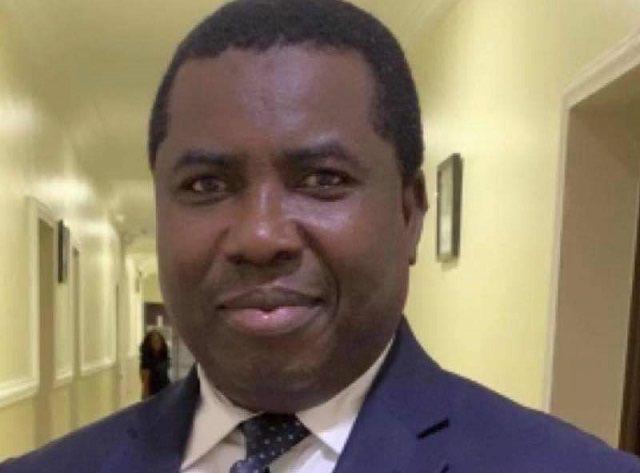
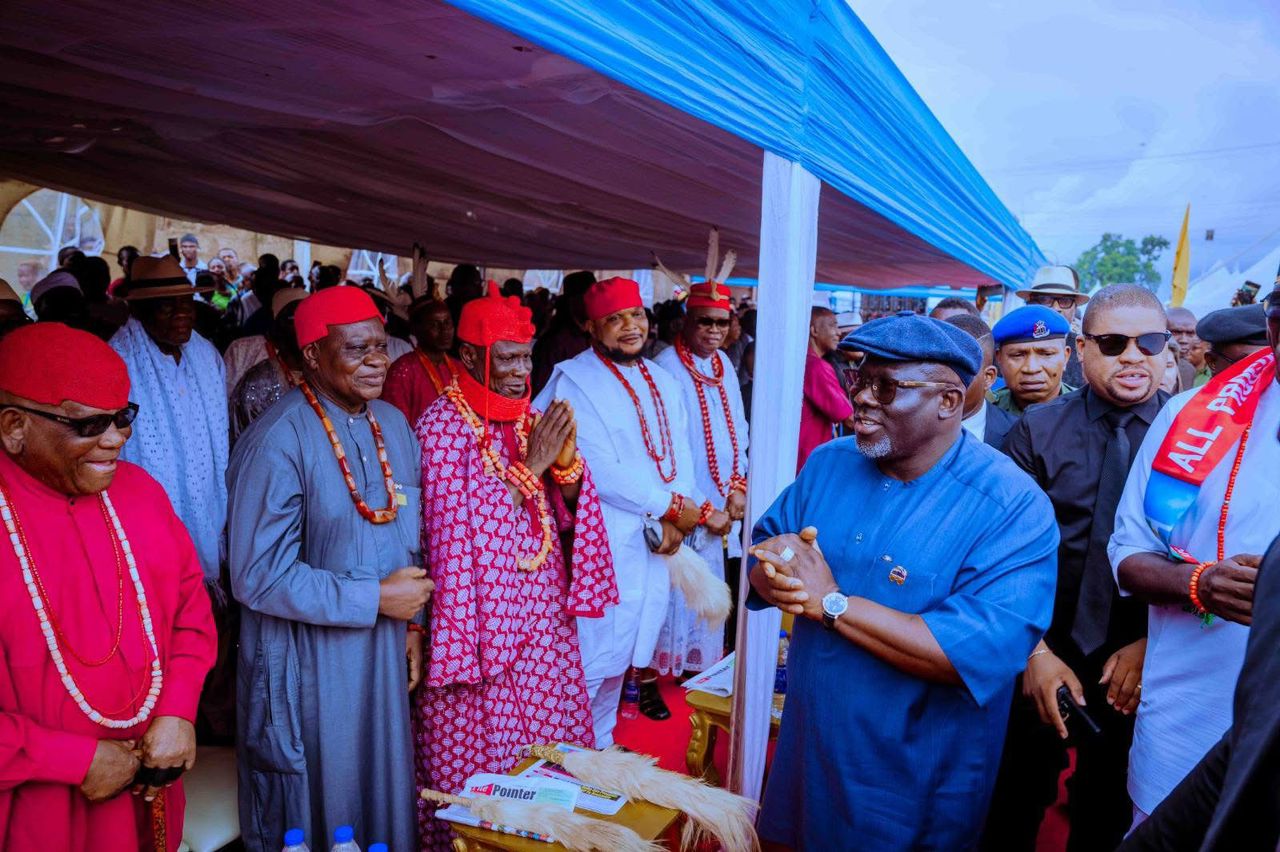

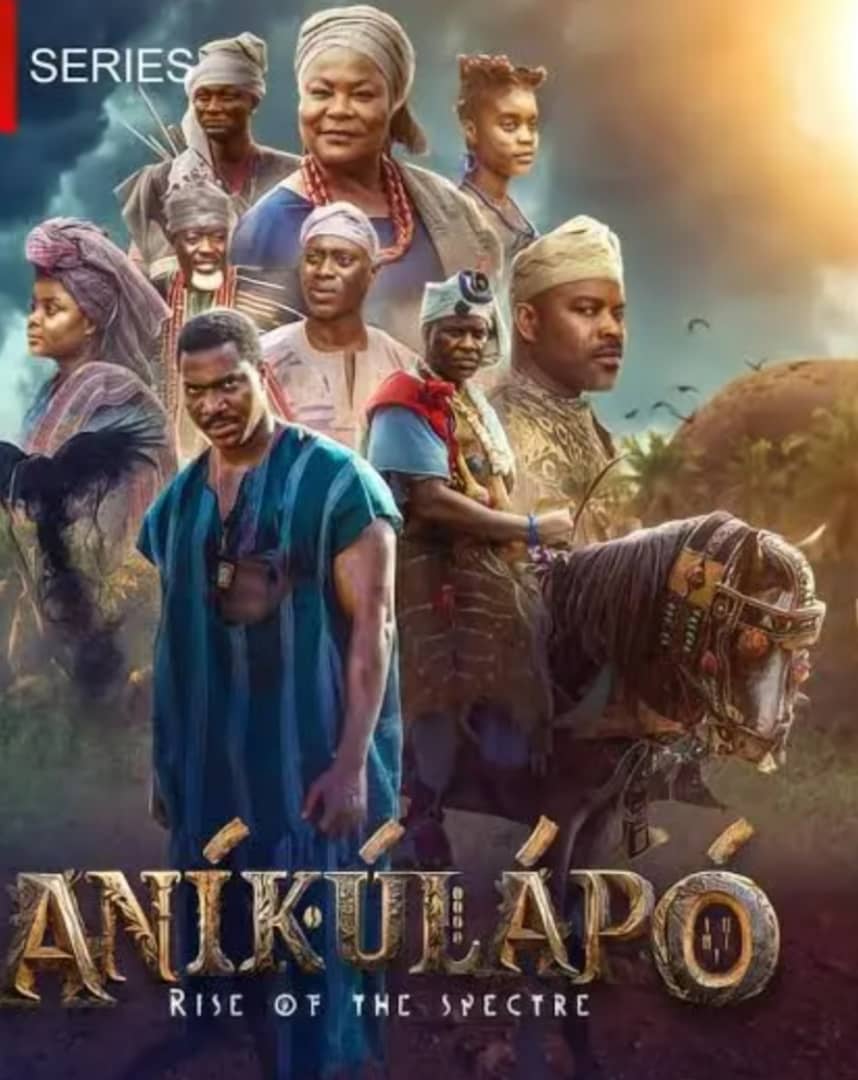


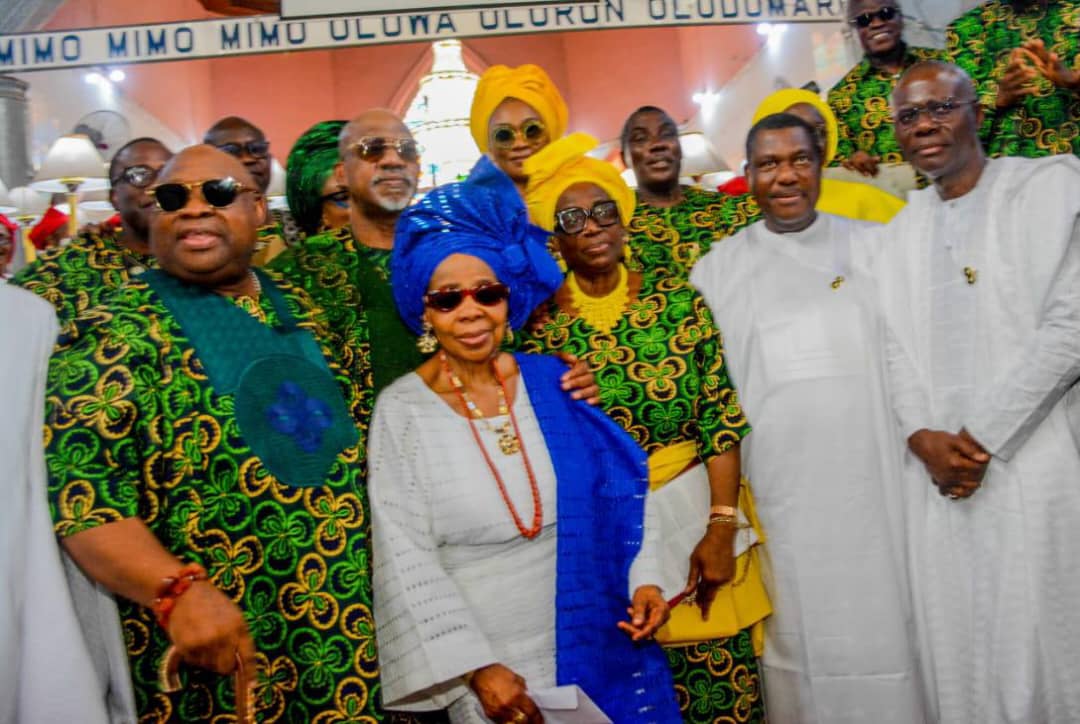
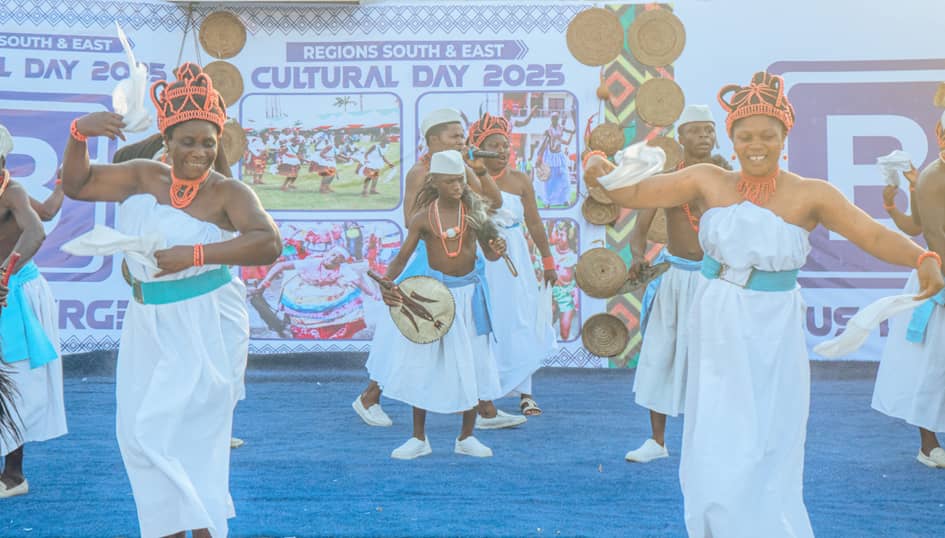

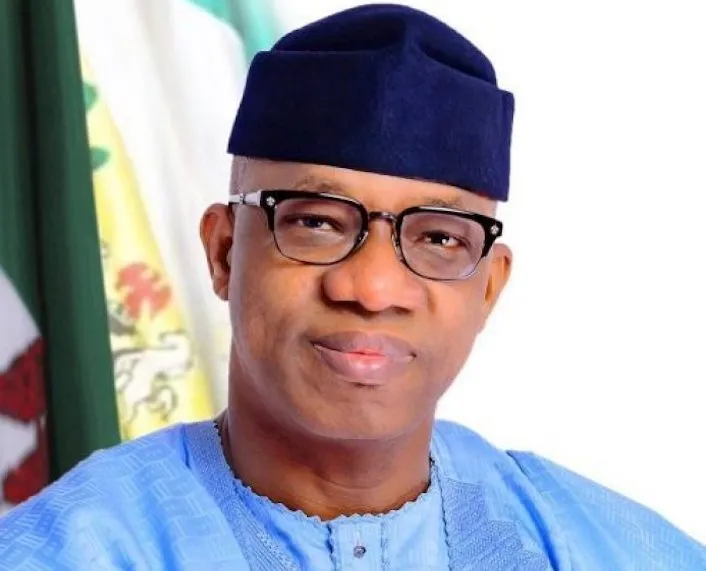
Leave a Reply